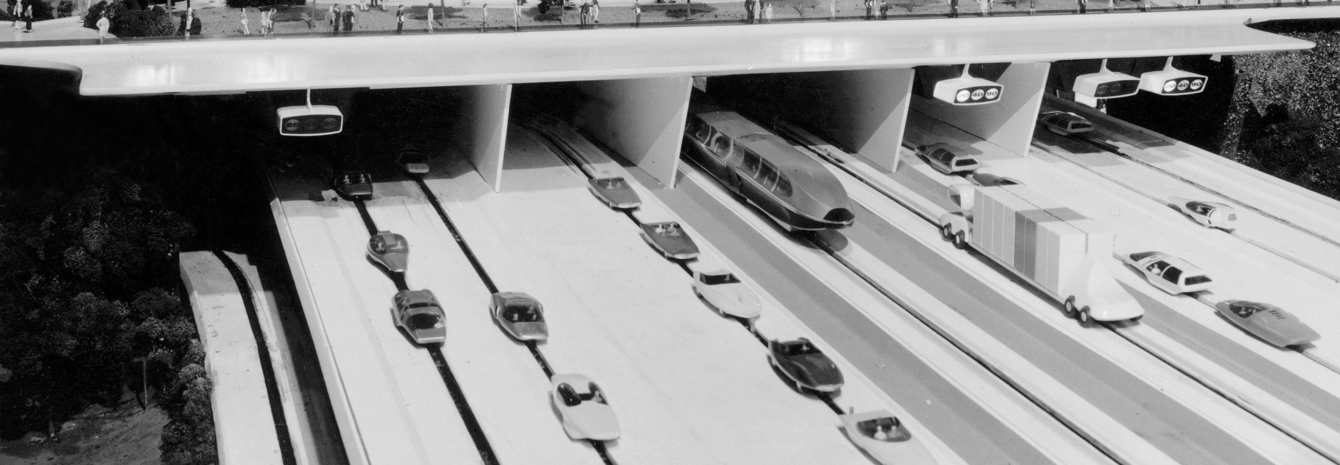Will “deep learning” put us on the road to driverless cars?

Twenty-eight thousand people die each week around the world in car accidents mostly due to human error. Hod Lipson, professor of mechanical engineering and data science at Columbia, and director of the Creative Machines Lab, says now is the time to let robots take the wheel.
Lipson, coauthor of the 2016 book Driverless: Intelligent Cars and the Road Ahead, says recent advances in software and robotics have finally made the development of autonomous vehicles possible. In the past few years, there has been an explosion in artificial intelligence (AI), particularly deep learning. Deep learning trains driverless cars by feeding them massive amounts of visual data that cameras gather during trips.
“No human driver can have more than one lifetime of driving experience. A car that is part of an AI network can, within a year, have a thousand lifetimes of experience, because it can get information from all the scenes and situations that every other car has experienced. It’s another reason why these cars will drive better than any human has ever driven. They will have experienced every possible situation,” Lipson said.
Make Your Commitment Today
